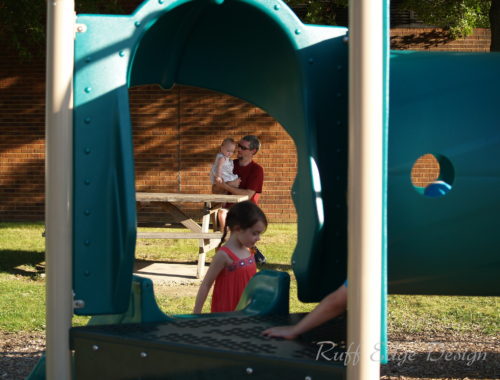
Recognizing Limits
Leo Tostoy believed that all history is essentially false.
How is it that two people can witness the same accident and give conflicting testimonies only a few minutes after it happens, with both witnesses convinced they are sharing accurate information? How often does a minor decision turn out to have momentous consequences—“I was running late, so I took a shortcut!”? Why should we believe that the outcome of a battle has everything to do with the orders given by a general and almost nothing to do with the men firing the guns?
These examples illustrate the sorts of roadblocks to accurate historical narrative that Tolstoy saw everywhere he looked. What’s more, he understood that the intended audience and the very act of fitting an event’s description into a narrative structure will affect what gets transmitted. (Do the anecdotes you share with your co-workers get the same sort of “seasoning” you sprinkle in when telling them to your spouse?)
I was captivated by most of the first section of chapter six in Gary Saul Morson’s Hidden in Plain View: Narrative and Creative Potential in “War and Peace”, but what really struck me was this: “Sometimes openly and sometimes by implication, he [Tolstoy] acknowledges that his own version of events may be untrue; but he argues, unlike historians, he is aware of the limitations of his knowledge.” Being aware of the limitations of one’s knowledge—and admitting to them—is where Tolstoy has it all over most “educated” people in the world today.
What Tolstoy is getting at in terms of history is what I have long asserted about scientific research. The claim of objectivity holds no water, because—as Jordan Peterson points out in Maps of Meaning—everything to which you pay attention holds meaning for you. If it didn’t, you wouldn’t be paying attention.




